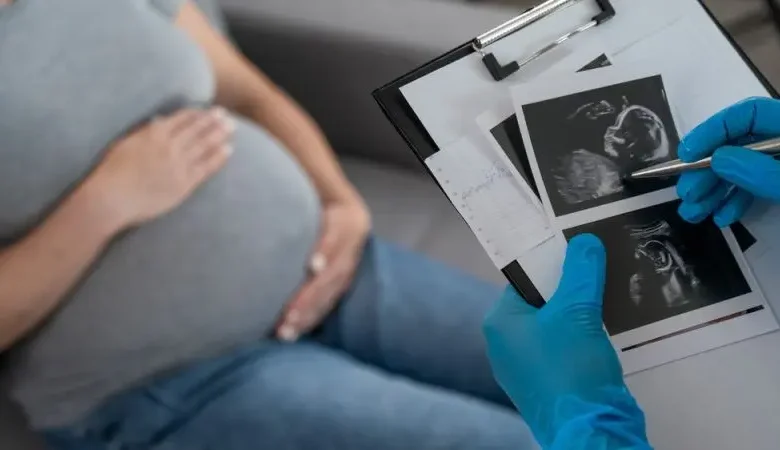Is tattoo safe during pregnancy

Pregnancy is a time of significant change and care for your body, and many women wonder if it’s safe to get a tattoo while expecting. While getting a tattoo might be something you’ve been planning for a while, it’s essential to understand the potential risks and considerations involved before making a decision.
Understanding the Risks
- Infection The primary concern with getting a tattoo during pregnancy is the risk of infection. Tattooing involves needles that penetrate the skin, which can introduce bacteria into the body. While reputable tattoo studios follow strict hygiene protocols, there’s still a risk of contracting infections like staph or, more seriously, blood-borne infections like hepatitis B, hepatitis C, or HIV.
- Allergic Reactions Pregnancy can make your skin more sensitive, and there’s a possibility of having an allergic reaction to the tattoo ink, even if you’ve had tattoos before without any issues. Allergic reactions can cause discomfort, swelling, and skin irritation, which can be more challenging to manage during pregnancy.
- Chemical Exposure Tattoo inks contain various chemicals, some of which haven’t been thoroughly studied for their effects on pregnant women. While there’s no definitive evidence that tattoo ink can harm a developing baby, the potential for unknown risks should be considered, especially since some inks contain heavy metals like lead, mercury, or arsenic.
- Impact on Skin Changes Pregnancy often causes skin changes, such as increased sensitivity, stretch marks, and hyperpigmentation. The skin on your abdomen, hips, and breasts can stretch and change shape during pregnancy, potentially distorting any tattoos in these areas. This might affect the appearance of your tattoo over time, leading to a design that looks different than originally intended.
- Pain and Stress Pain tolerance can decrease during pregnancy, and getting a tattoo can be a painful experience. Additionally, the stress of the procedure may not be ideal for you or your baby. High levels of stress during pregnancy have been linked to complications, so it’s essential to weigh whether the discomfort and anxiety are worth the potential risks.
Many healthcare professionals recommend waiting until after childbirth and the postpartum period before getting a tattoo. This is primarily to avoid the risks mentioned above and to ensure that your body is in the best possible condition for both the tattoo process and healing.
If you’re considering a tattoo to commemorate your pregnancy, it might be wise to wait until after your baby is born. This way, you can also have a more accurate representation of your body post-pregnancy, ensuring that the tattoo remains as beautiful and meaningful as you intend.
If you decide to get a tattoo during pregnancy, here are some essential safety precautions:
- Choose a Reputable Studio Ensure the tattoo studio follows strict sterilization procedures, uses new needles for each client, and maintains a clean environment. Don’t be afraid to ask about their hygiene practices.
- Consult Your Healthcare Provider Before getting a tattoo, discuss it with your healthcare provider. They can provide personalized advice based on your pregnancy and overall health.
- Avoid Certain Areas Consider avoiding areas of the body that are likely to stretch significantly during pregnancy, such as the abdomen, hips, and breasts.
- Monitor for Reactions Keep an eye on your skin for any signs of an allergic reaction or infection after getting the tattoo. If you notice any unusual symptoms, seek medical attention promptly.
While there’s no definitive rule against getting a tattoo during pregnancy, it’s essential to be aware of the potential risks and weigh them carefully. Prioritizing your health and the well-being of your baby is paramount, and in many cases, waiting until after your pregnancy is the safest choice.
If you’re eager to get a tattoo, consider using the time to plan your design and find a reputable artist, ensuring that when the time is right, you can proceed with confidence.










